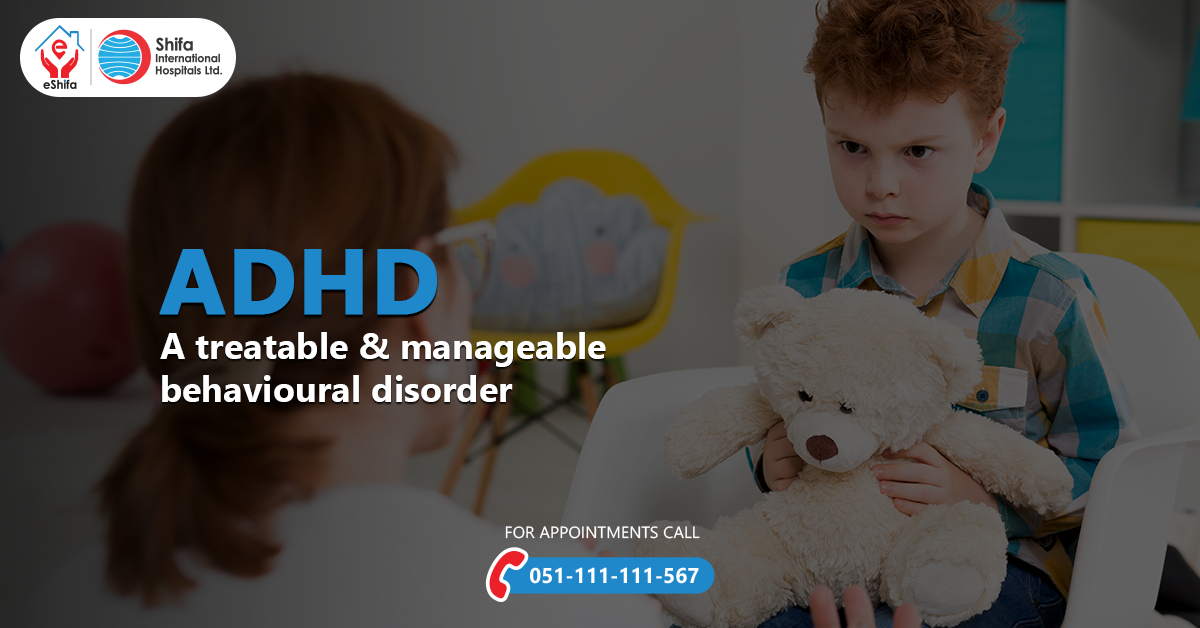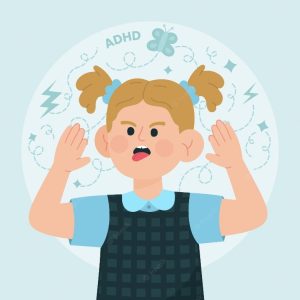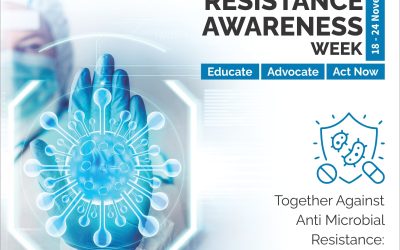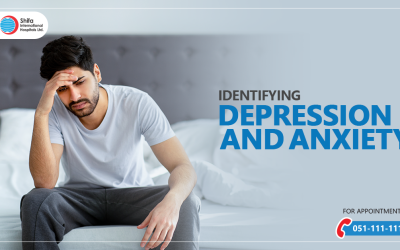ADHD is one of the most common neurodevelopmental disorders that occur in childhood. It is usually first identified in childhood and often lasts into adulthood. Children with ADHD may have trouble paying attention, controlling impulsive behaviors (may act without thinking about what the result will be), or being too active.
People with ADHD struggle to focus on tasks and control their attention, which can make completing a project, for example, challenging. ADHD can limit a person’s ability to study or work, and it can lead to stress, anxiety, and depression.
Some people with ADHD also find it hard to sit still. They may be quick to act on impulse and become easily distracted.
While children of any age can experience distraction and impulsiveness, these behaviors are more noticeable in those with ADHD.
People with ADHD experience hyperactivity, impulsivity, and inattention in varying degrees, however, for a diagnosis of ADHD, the symptoms must meet specific criteria.
Inattention
Below are some behaviors related to inattention that a person might notice in someone with ADHD:
- daydreaming
- becoming distracted and having difficulty concentrating on tasks
- making “careless” mistakes
- appearing to not listen while others are talking
- having difficulty with time management and organization
- frequently losing everyday items
- avoiding tasks that need extended focus and thinking
- having difficulty following instructions/commands
Hyperactivity and Impulsivity
Some or all of the following may be noticeable in someone with ADHD:
- seeming constantly “on the go” and unable to sit still
- running or climbing at inappropriate times
- having difficulty taking turns in conversations and activities
- fidgeting or tapping the hands or feet
- talking and making noises excessively
- taking unnecessary risks
Diagnosis
Most children with ADHD receive a diagnosis while they are in elementary school, but some may not do so until adolescence or adulthood.
No single test can identify ADHD, and the symptoms can overlap with those of other conditions. This can make it difficult to diagnose.
A doctor will conduct examinations to rule out other potential causes, such as hearing or vision problems.
Other conditions that can lead to similar behaviors include:
- trouble hearing or seeing
- anxiety
- depression
- learning disabilities
- sleep disorders
Doctors and Physicians will often inquire in depth to learn more about the person’s behavioral patterns. They may speak with the individual, members of their family, and any other caregivers, such as teachers.
Treatments
A range of approaches can help a person manage ADHD. A doctor should work with the individual to develop a treatment plan that suits them best. The plan may include:
Behavioral therapy and counseling
A therapist or counselor can help a person develop or enhance a wide range of skills, such as:
- building and maintaining relationships
- establishing and following rules
- planning and completing tasks
- developing and following a schedule
- monitoring ADHD symptoms
Therapists can also help parents develop constructive ways to respond to the behaviors that can result from ADHD.
A person with ADHD may specifically benefit from:
- stress management
- classroom behavior management techniques
- cognitive behavioral therapy
- family therapy
Tips for supporting children
It is extemely important for the family to be supportive and understanding towards their child, and avoid the stigma associated with this disorder. Parents, teachers, and other caregivers can help children navigate the challenges of ADHD. Schools often have educational plans for children with ADHD, including specific teaching approaches, classroom accommodations, and school-based counseling.
At home and at school, the following tips can help:
- having a written schedule of all tasks
- breaking down larger tasks into smaller, more manageable ones
- keeping school items and toys organized
- establishing clear and consistent rules
- rewarding or praising the child when they accomplish tasks
- using a planner that teachers and caregivers check regularly
Also, encourage children to engage in activities that they enjoy and do well in to boost their self-esteem. Sports and other forms of physical activities can provide outlets for high energy levels and enhance the child’s overall well-being.
ADHD is a mental health condition that can create challenges to a person’s work, study, and home life. It usually appears during childhood. A person does not “grow out of” ADHD, but learning management strategies can help them enjoy life to the fullest.
Without treatment or the right strategy which may include medication, a person may experience low self-esteem, depression, and problems with school, work, and relationships.
Anyone who believes that a child may have ADHD should seek medical advice. Consult with Shifa International Hospital’s Internationally qualified Doctors & Physicians to discuss your concerns related to ADHD.
To book an appointment, call 051-864646.
Sources: Medical News Today, CDC






0 Comments